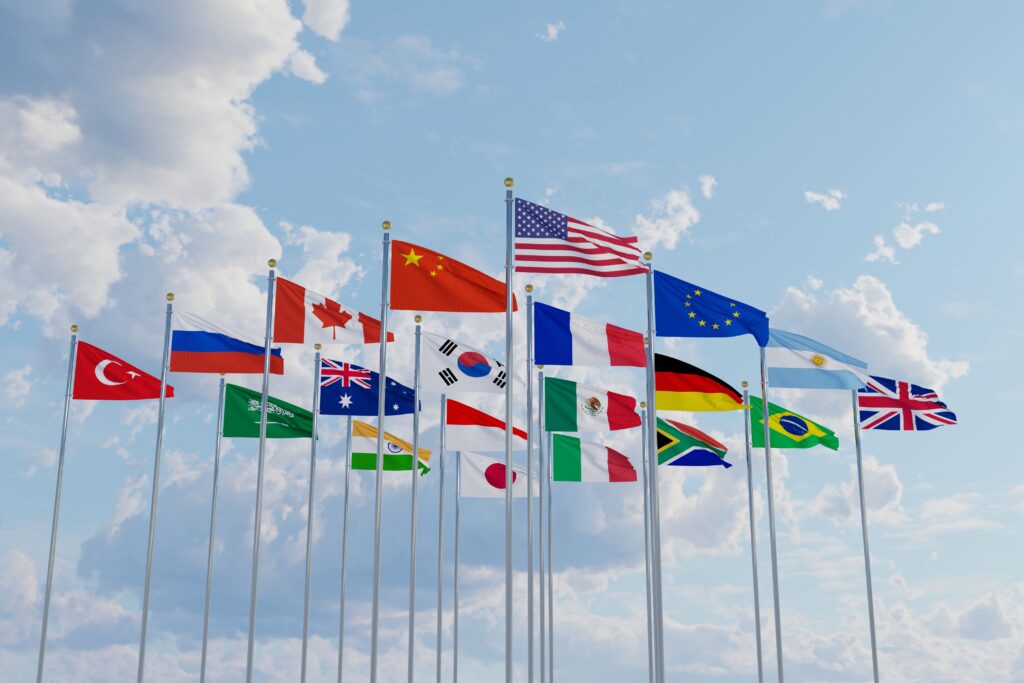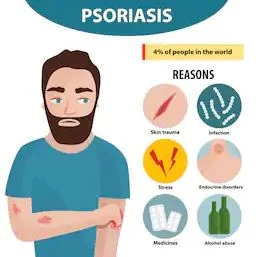The state of stem cell therapy is a confusing one. Stem cell treatments in the United States aren’t FDA approved, for example, except in some cases they are. Stem cell medical research is banned in the United States – except only in specific circumstances.
So, what’s the deal? Why are stem cells banned in other countries, and if they are, somehow still available for treatment?
This guide will help you understand the differences, and help you understand just what type of treatment you can get around the world.
First Things First: There Are Different Types of Stem Cells
The reason why there seem to be discrepancies about stem cell use is because there are two main types of stem cells. What are stem cells, you might ask yourself, that there can be different kinds.
Stem cells, in simplest terms, are types of cells in our body that can become different cells. One type of stem cell can become skin or fatty tissue. Another type of stem cell can become white or red blood cells.
In general, however, there are only two main types of stem cells (that you need to be aware of, at least). These are adult cells, and embryonic.
Adult stem cells, which we use here at Bioxcellerator, can be acquired from anyone. We source ours from the Wharton’s Jelly that surrounds umbilical cords. Each umbilical has been donated post-birth, so there’s no harm to mother or baby.
The other type of stem cells are embryonic. These embryonic stem cells can become absolutely any cell in the human body, so they have the most potential.
The issue is that they must be sourced from embryos. This doesn’t mean that scientists are taking these cells from viable fetuses. Instead, they are taken from discontinued fertilization treatments. A couple may have invested in IVF, have the number of children they wanted, and don’t want the rest of their fertilized eggs. They might decide to then donate the cells for research purposes
When you hear about countries that have banned stem cell treatment, the ban is on those embryonic stem cells.
Why are Stem Cells Banned in Other Countries?
The reason why those embryonic stem cells are banned is due to the ethical dilemma involved. Scientists cannot just take a few stem cells from the embryo, they destroy it in the process.
The good news is that we do have another option moving forward in the future. These cells are officially known as induced pluripotent stem cells. Essentially, they’re adult stem cells that we genetically reprogram back into embryonic cells. This means no embryos are harmed. The downside is that this treatment takes a long time, and is prohibitively expensive at the moment.
What are stem cell injections today, then? If you go to a private clinic, they’ll be adult cells. Specifically, they’ll be classed as “juvenile”. This is simply because they are missing a protein on their surface. That protein is a red flag to your immune system, so the fact that these juvenile cells are missing them means your system is actually more likely to accept the new cells.
What Countries Have Banned Stem Cell Treatments?
Countries that have banned the use of embryonic stem cells even for research purposes are as follows:
- South Africa: South Africa has a complete and total ban on using embryonic stem cells for research.
- Austria: The creation of embryos for research purposes is banned, limiting research in the country.
- Italy: Similarly, Italy also has a ban on the creation of embryos for research purposes, though the rules on using donated fertilized eggs from IVF are murkier.
- Germany: With very few exceptions, the use and creation of embryos for stem cell research is banned.
What Countries Allow Stem Cell Research with Restrictions?
Countries that do allow for embryonic stem cell research, with many restrictions, include:
- United States: The United States doesn’t have an outright ban. What it does, however, is prohibit the use of embryonic stem cell lines from after August 9, 2001. Any left-over embryos from IVF from before 2001 can be used, but this obviously limits the potential of American stem cell research.
- South Korea: South Korea is a major player in stem cell research. Despite this, they have some of the most strict regulations in terms of therapeutic cloning, the use of stem cells, the sourcing of embryonic stem cells, and even their use.
If Stem Cells are Banned, Why Can I Still Get Treatment?
Stem cell bans are largely focused on embryonic stem cell use. Stem cell treatments today use adult cells, which can be ethically taken from donated tissue (like blood, bone marrow, or umbilical cords).
This means that, though the stem cell therapy cost does need to be covered out of your own pocket, you can absolutely still get treatment.
Stem cell treatments can help you recover faster and more effectively from several injuries. It can also help you manage chronic pain conditions that previously had no other treatment option than pain medication.
There are so many different options available to you, but the effectiveness of the treatment will depend on your health, your conditions, and environmental factors. It’s also important to go into the treatment with a full understanding of the potential and limits of the treatment.
Get in Touch With Our Team For Specific Stem Cell Treatment Information
If you’re considering stem cell treatments for yourself, then you absolutely need to get in touch with our team. To do so, first check if you live in one of the locations we cover. If you do, get in touch with our team and we’ll organize a consultation ASAP.
Our goal with the consultation is to fully look you over, collect your medical history, and understand the condition you want help treating with the use of stem cells. We only take on patients we believe have a good chance of seeing results, so you can trust that there’s a good chance that your treatment will be a success – and worth your time.
We’re also here to answer any questions about how stem cell therapy can help your condition, specifically. All that’s left is to get in touch.


